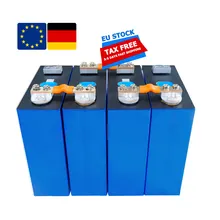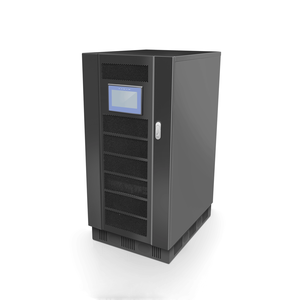Introduction to 80kVA Online 3 Phase UPS Systems
Uninterruptible Power Supplies (UPS) are a critical component in maintaining power stability for various applications. An 80kVA online 3 phase UPS is designed to cater to environments that require robust power solutions, ensuring that sensitive equipment remains operational during power disturbances. This category of UPS is engineered to provide a shield against power anomalies in multi-phase power environments.
Understanding the Technology
The technology behind an 80kVA UPS system is built to deliver continuous power supply, thanks to its double conversion online topology. This means that the UPS converts incoming AC power to DC to charge the batteries and then back to AC to power connected loads, providing a layer of insulation from power irregularities.
Applications and Uses
These UPS systems are versatile, supporting a wide range of applications. From safeguarding data centers and telecommunication facilities to providing backup for medical and industrial equipment, an 80kVA three-phase UPS ensures that critical systems remain unaffected by power fluctuations.
Features and Materials
An 80kVA online UPS is typically constructed with high-grade electronic components that contribute to its reliability and efficiency. The design often includes a user-friendly interface allowing for easy monitoring and control, while the internal architecture is optimized for heat dissipation and reduced noise levels during operation.
Advantages of 80kVA Online 3 Phase UPS
The primary advantage of using an 80kVA online UPS is its ability to provide an uninterrupted power supply, which is crucial for preventing data loss and hardware damage during outages. Additionally, these systems are designed to handle high-capacity loads, making them suitable for larger installations that demand consistent power delivery.
Choosing the Right UPS
Selecting the right three-phase UPS involves considering the power requirements of the connected equipment, the desired runtime, and the physical space available for the UPS installation. It is essential to assess the total power consumption of the connected devices to ensure the UPS can handle the load effectively.



































 浙公网安备 33010002000092号
浙公网安备 33010002000092号 浙B2-20120091-4
浙B2-20120091-4